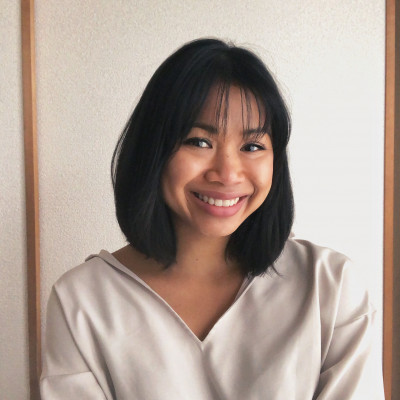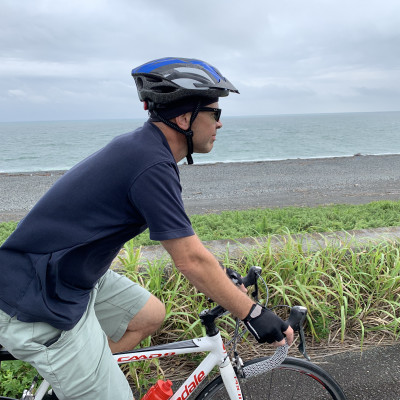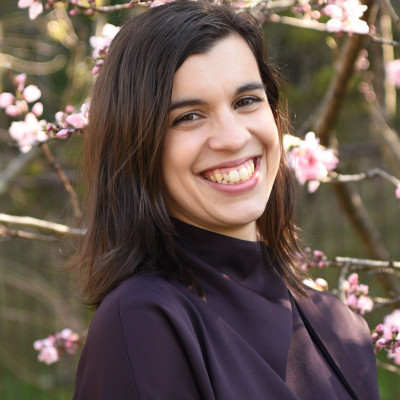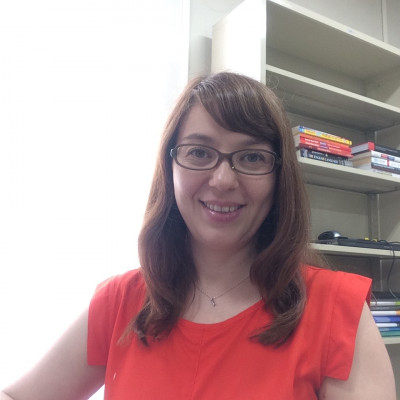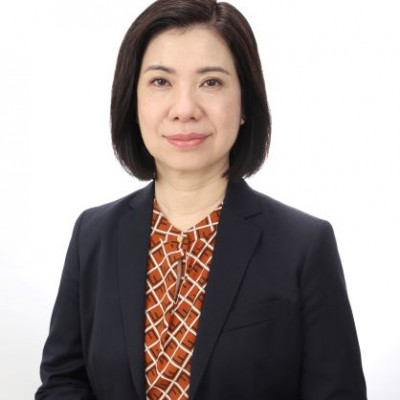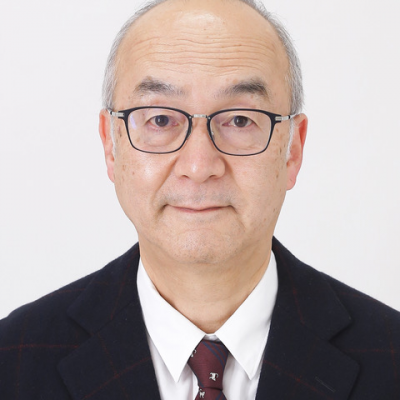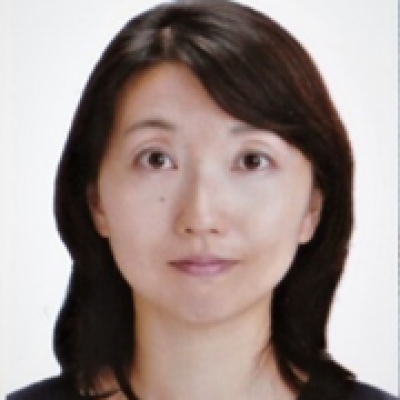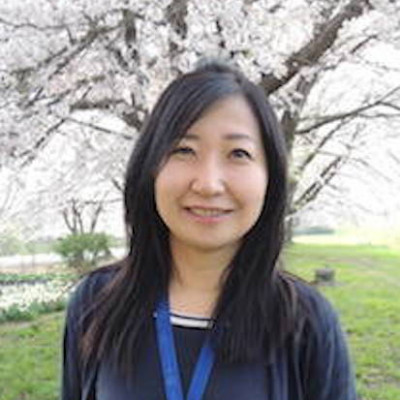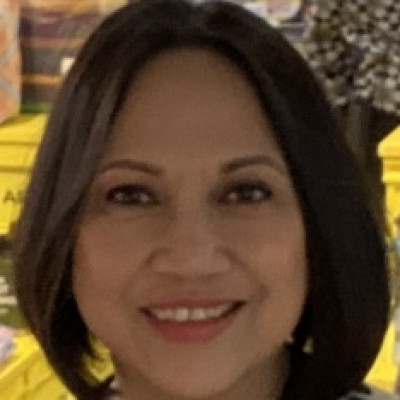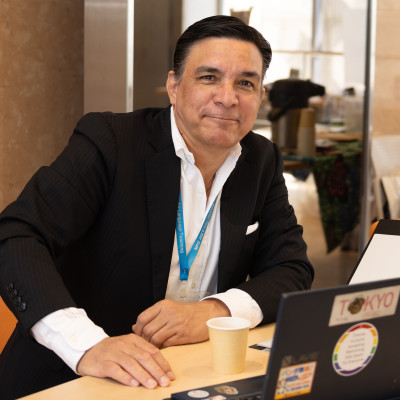Sessions / Intercultural Communication in Language Education
Setting up a successful COIL project #2858
Collaborative Online International Learning (COIL) partnerships provide faculty members with opportunities to collaborate with colleagues at institutions in different countries, and allow students to learn in a globally networked classroom in the form of virtual mobility. A COIL project begins with finding a teaching partner at a university in another country, and then together developing a six- to-eight week learning experience for both their classes in which all students learn, exchange, and interact with each other without ever leaving their own country. The thought of developing and embedding a successful international online learning experience with students and the professors themselves at different institutions may sound exciting, but it can also be very overwhelming. With so many variables at play - technological access, language differences, time zones, and cultural and pedagogical differences - faculty may not know where or how to begin. The two presenters, professors from Canada and Japan, will share about their experience collaborating on a COIL project for their students, who were in different majors and had different levels of English. Topics will include initiating a partnership, setting feasible goals and objectives together, and troubleshooting when best-laid plans do not always work out.
Transforming rudimentary tasks through the use of authentic materials #2868
One of the most vital, yet challenging tasks of a language instructor is to create activities that offer a variety of real-world applications to help prepare students for life beyond their studies. Standard curricula, textbooks, and high-stakes tests are often rigid, with little room for creativity and relevant learning experiences. An increasing number of studies show that scaffolding authentic materials provides countless linguistic benefits, such as improved communicative competence (Berardo, 2006; Mishan, 2005), listening comprehension (Otte, 2006), exposure to unstructured language (Rogers & Medley, 1988), and non-linguistic advantages, such as motivation (Nuttall,1996) and enhanced cultural understanding (Little et al., 1989). This session will begin with an overview of the academic discussion revolving around the use of authentic materials in a foreign language classroom. Following this, the presenter will explore guidelines to consider when selecting authentic materials, and some simple, yet effective strategies for integration. In closing, the presenter will share some practical tasks that they have implemented in their Japanese university classes and offer insight into how it has impacted their students. The session will revolve around this question: How can educators exploit authentic materials to close the gap between the real world and the classroom environment?
Reimagining Culture, Communication and Competence #2982
The role of culture in communication is critical and well documented yet remains a challenging aspect to teach. Understanding and explaining how to communicate effectively and appropriately across differences is an essential component of language teaching. Since Hymes' (1964) introduction, notions of social competence have endeavored to explain the implications of personal, psychological and cultural elements affecting communication. Learners today, require meta-skills similar to Byram’s (1997) ‘Savoirs’ that embody a cultural awareness including sensitivity to differences, tolerance of ambiguity, willingness to adapt and cooperate, to negotiate meaning and develop understanding. This type of Meta-Cultural Competence (Reimann 2010) proposes that knowledge becomes competence when connected with experiences and the sensitivity to realize their significance. This presentation describes 10 categories of cultural orientations and communication styles used to objectively teach unfamiliar concepts. Considering the subjective nature of culture, creating a framework of relatable and comparable features, characteristics and criteria is necessary for synthesizing and understanding culture, building empathy and competence, while avoiding othering or perpetuating stereotypes. The categories to be discussed build on concepts established by Hall (1976) and Hofstede (1980), applying their models to the analysis of real critical incidents, which can be used to raise awareness and develop Meta-Cultural Competence.
Rethinking Silence and Participation in the Japanese EFL Classroom #2864
Classroom silence is a common source of conflict between teachers and students in the Japanese English as a foreign language (EFL) context. Within second language acquisition theory (SLA) and EFL literature, and especially within communicative language teaching pedagogies, a heavy emphasis is placed on second language (L2) oral production as an ideal, if not essential participation mode. Furthermore, the majority of work from Western researchers has problematized the silence of Japanese EFL learners, traditionally viewing classroom silence as a serious impediment to L2 acquisition and as evidence of non-participation or lack of ability (e.g. Bao, 2014; King, 2013; Shao & Gao, 2016). As a result, L2 oral production is often become conflated with active participation and L2 gains in Japanese EFL classrooms settings (e.g. Bernales, 2016; Delaney, 2012). This presentation aims to connect sociocultural constructions of silence with SLA phenomena and pedagogical factors to examine why Japanese EFL learners continue to choose silence in the classroom (e.g. Bernales, 2016; Bao, 2014; King, 2013; Nakane, 2007; Yashima et al., 2016.) It reflects on these cultural ways of being, participating, and learning to propose a broader conceptualization of L2 classroom participation that acknowledges and accommodates silent modes of participation and different cultural learning modes.
Challenges in arranging International Virtual Exchange (IVE) partnerships #2832
The pandemic has forced many of us to move outside of our teaching comfort zones to master the use of online conferencing software, learner management systems, and other online tools. Through the experience of having to adapt to entirely online, hybrid, and hyflex teaching situations, participating in International Virtual Exchanges (IVEs) is less daunting than ever before. However, even though the technical hurtles are far lower, it remans a considerable challenge to find suitable partners, negotiate conditions for the exchange, and work out mutual or complementary goals. The presenter, who has engaged in such exchanges at the tertiary level for more than a decade, will share ideas for how to get the most out of them, whether the main focus is linguistic, cultural, or a combination of the two. Areas to be covered in the workshop include practical considerations such as the choice of partner classes or institutions, the selection of platform (e.g., Moodle vs. social networking apps), the role the exchange will play in student evaluation, and how it can fit pre-existing curricular goals for the respective sides of the exchange.
Fostering Intercultural Competence in Foreign Language Classrooms #2962
The internationalisation of universities worldwide has grown parallel to an increasing demand for interculturally competent graduates, capable of working effectively across cultures and of successfully addressing local and global challenges. Previous studies in the fields of intercultural competence in higher education have focused mainly on the impact of study abroad programmes. Yet, as we face a global pandemic and restricted mobility, the need to research the development of affective, cognitive, and behavioural intercultural dimensions on domestic campuses has become apparent. Based on Deardorff’s Pyramid Model of Intercultural Competence (2006) and the hypothesis that intercultural attitudes are at the base of intercultural competence development, this presentation will discuss results from a one-year longitudinal study aimed at investigating the factors affecting the development of these attitudes in largely "monocultural", EFL classrooms in Japan. Particular attention will be given to the development of core intercultural competence components, namely curiosity, openness, and respect (Deardorff, 2006), as well as components identified as being essential to globally competent workers, namely cultural self-awareness and an awareness of local and global issues (Hunter, 2004). The presenter will discuss results of pre-, mid-, and post-intervention surveys, student assignments, and reflections collected from 205 university students of English as a foreign language. Findings will encourage discussion among foreign language educators on how to better foster an interculturally competent workforce through foreign language education on domestic campuses.
Reconceptualising Prejudice #2909
Prejudice. Ethnocentrism. Bias. We often present them to our students as glitches in the system, “evil intrusions” into an otherwise well-functioning cognitive process, bugs which well-meaning people should eradicate from their thinking. In fact, far from being glitches, these short-cuts in thinking are the system: human cognition would be impossible without them (Nortje, 2022). There are four limitations on human perception that make biases not only inevitable but integral features of our interaction with the world (Benson, 2016; Manoogian, 2021): lack of bandwidth in the brain to deal with the amount of sensory information available; tight restrictions on memory storage; a biological imperative to make sense of the world despite having partial experience of it; and a need to take action in real time. The presenter will suggest approaches to bias that can help students to see that: 1) they are not evil just because they harbour stereotypical thoughts; 2) such overgeneralisations are a necessary part of how we deal with the world; and 3) being aware that human thoughts and actions are always based on simplistic images of complex realities is the first step to overcoming the shortcomings of our cognitive systems. The suggestions will include activities for de-centring (stepping outside ourselves to consider multiple perspectives on an event or situation) and seeing ourselves as others do.
Reflecting on Intercultural Experiences in a Writing Course in Japan #2884
This presentation discusses Japanese university students’ reflections on intercultural encounters in an English writing course taught over a semester. The main aim is to discover how Japanese students’ intercultural competence can be developed through interpreting intercultural experiences. 24 university students took part in the study and data were collected with a course feedback questionnaire, student interviews with questions designed by the teacher and written assignments. The questionnaire consisted of items using a 4-point Likert scale and open-ended questions. In the task, students conducted semi-structured interviews with participants in English and reflected on the encounters through a written assignment. The writing course applied a communicative language teaching approach and a process approach to writing. Students identified intercultural themes in a prior discussion task about their own intercultural encounter. They linked Byram’s (1997) intercultural dimensions with example sentences prior the analysis. Content analysis was used with the assignments, interview transcripts, and open-ended items; descriptive statistics were used for Likert-scale items. Results suggest that the writing task provided the students with knowledge on how to behave in intercultural situations, how to maintain positivity, establish good relations, and be aware of preconceptions; some learnt to reflect critically on themselves and others.
TYL & ICLE SIG Forum: Intercultural understanding in Japanese schools #2645
This forum is a collaboration between the Teaching Young Learners (TYL) SIG and the Intercultural Communication in Language Education (ICLE) SIG. Its aim is to showcase how intercultural communication is approached in primary and secondary schools from a variety of perspectives. Some of our invited presenters will share their research based on descriptors from the Framework of Reference for Pluralistic Approaches to Languages and Cultures (FREPA) as to what degree intercultural communicative competence is promoted in the new elementary school English textbooks. Presenters will also discuss the difficulties of teaching aspects of an L2 that are not a common feature in the L1 sociocultural environment, engaging ways in which a teacher can introduce their own country and culture to a class, how the School Lunches Project promoted the development of an investigative stance towards plurality, and how intercultural understanding is incorporated in pre-service teacher education.


